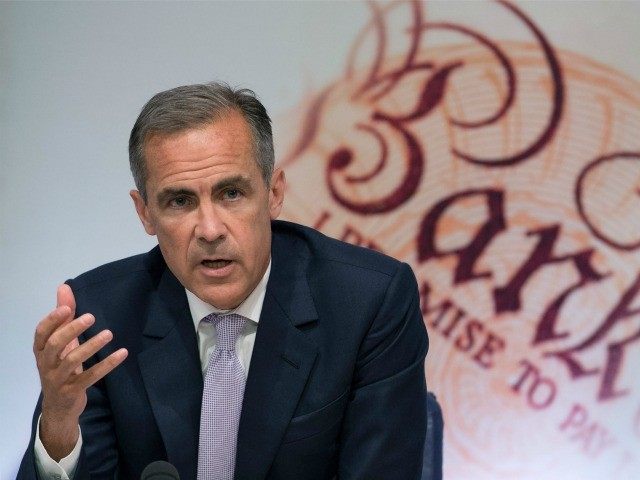LONDON, Oct 19 – Bank of England Governor Mark Carney will spell out how Britain’s membership of the European Union (EU) affects the central bank’s ability to manage the economy and protect the country’s banking sector in a key speech on Wednesday.
Carney’s intervention comes shortly after the launch of rival campaigns to influence voters ahead of the EU membership vote which Prime Minister David Cameron has promised to hold before the end of 2017 and is likely to take place next year.
Carney is scheduled to deliver the speech at Oxford University at 1700 GMT on Wednesday at the same time as the release of a BoE report on the same issue.
Most opinion polls have shown more Britons favour staying in the EU rather than leaving, but two recent polls have shown a narrow majority supporting an exit.
In May, the BoE let slip it was looking at the implications of a so-called Brexit when it inadvertently sent an email to a reporter saying the project should be kept secret from Bank staff and journalists asking about it should be told a broad range of economic issues was being considered.
Cameron is trying to renegotiate the terms of Britain’s EU membership and has not yet set a firm referendum date.
A speech by Carney on currency unions delivered before Scotland’s independence referendum in 2014 was cited by opponents of a breakaway as a reason why Scotland would be unable to keep on using the pound if it split from Britain.
On Britain’s EU membership, Carney said in May it was important that the British government provide clarity on how it will proceed with the referendum.
“It’s the largest economy in the world. It’s our largest investment destination. It’s the largest investor in the United Kingdom,” he said at the time, adding he was sure the government would act with “appropriate speed” in the EU reform talks.
Last month, BoE Deputy Governor Ben Broadbent told Reuters that the Bank would monitor the risk that uncertainty around the referendum could make it harder for the country to finance its large current account deficit.
(Reporting by David Milliken; editing by William Schomberg)

COMMENTS
Please let us know if you're having issues with commenting.